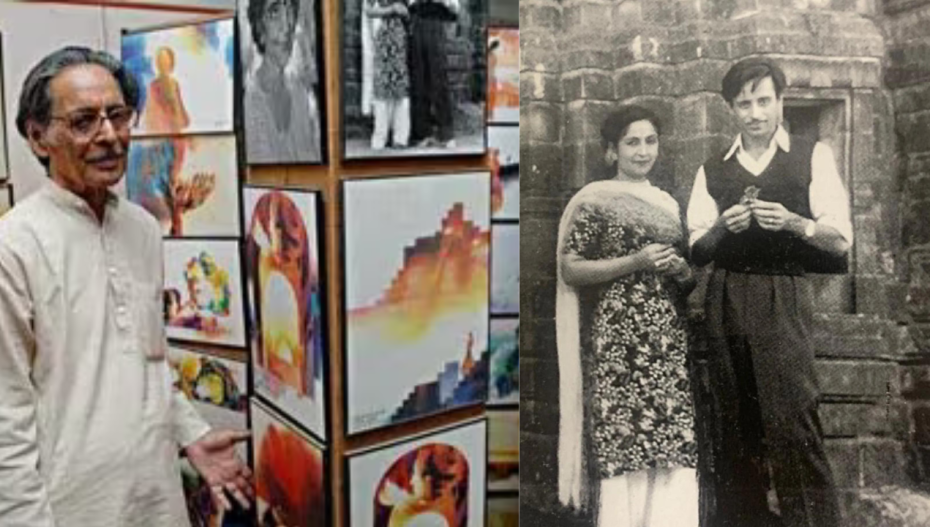Punjab has its fair share of tragic love legends, echoing through centuries. But the 20th century unveiled a different kind of love story, played out with courage and unyielding joy. This was the story of Amrita Pritam, the high priestess of love, and Imroz, the artist who refused to die, born Inderjit in rural Pakistan.
Amrita, ever the seeker, had lived a life laid bare – yearning for love in the shackles of a loveless marriage at 15. Sahir Ludhianvi, the famed poet, seemed to offer solace, but their love remained unfulfilled. The road ahead stretched long and lonely.
Fate intervened in Delhi, where post-Partition, Amrita, now an All India Radio announcer, and the young Imroz, from Chak number 36, crossed paths. In an era where cohabitation was unthinkable, they defied societal norms. Their union blossomed, lasting four decades – a bond that remained unbroken even by Amrita’s passing in 2005. In her final poem, a love letter to Imroz, she whispered, “I know not how and where…but I will meet you again.”
Amrita’s final days were filled with pain. As their confidante, writer Surinder Sharma recalls, Imroz confessed his only regret – not being able to share her physical suffering.
For Punjabi writers, memories of their Hauz Khas home, K-25, are vivid. It was a haven, a crucible for the magazine Nagmani, nurtured by both Amrita and Imroz. For 37 years, she wrote, he designed, and together they ignited creativity in two generations of writers, including giants like Gurdial Singh and Shiv Kumar Batalvi. Sidhu Damdami, a contributor, called their relationship “rare, path-breaking,” a beacon for those who dared to challenge societal norms.
Though lonely after Amrita, Imroz embraced life, even taking up writing poetry in her memory. He remained a loving father and grandfather, the center of their shared care. This week, in Mumbai, Imroz’s journey ended. He was cremated, leaving behind a legacy of love, defiance, and an artistic tapestry woven with a woman whose words whispered eternity.
Imroz is gone, but their story lives on, a testament to the power of love that dared to redefine conventions and inspire generations. In the annals of love legends, this 20th-century tale occupies a place of honor, painted with courage, joy, and an unwavering connection that transcended even death.
Gita Jayanti is a Hindu festival that celebrates the birth of the Bhagavad Gita. Read more.












